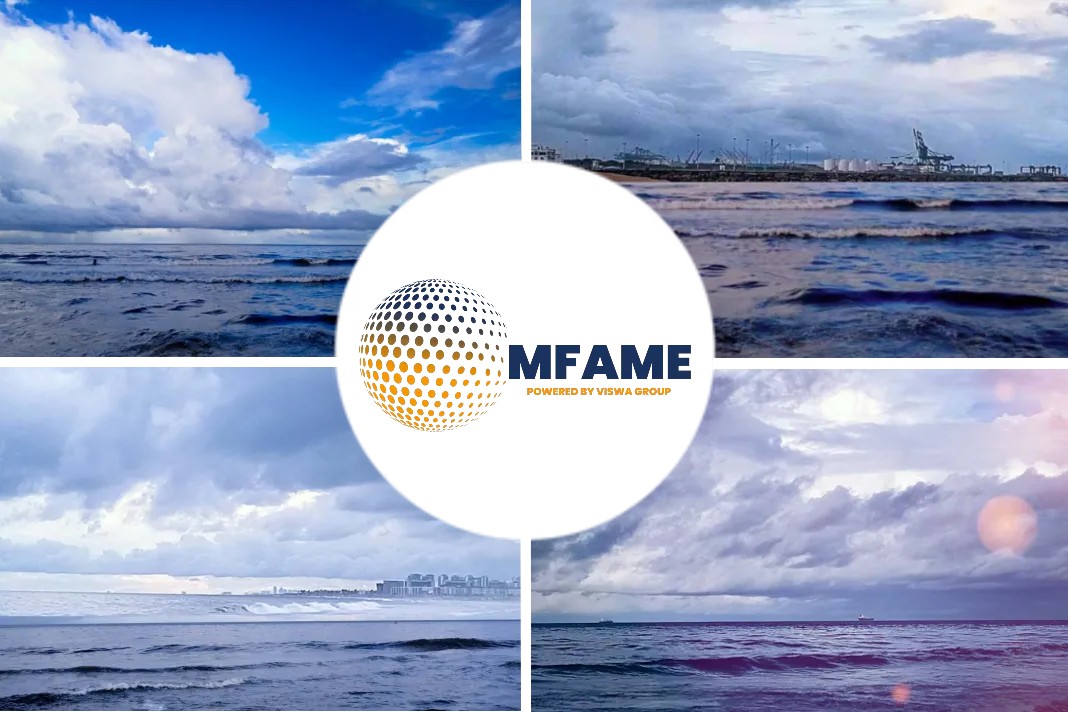
The International Chamber of Shipping (ICS), representing the global shipping industry, is urging governments at the UN’s International Maritime Organization (IMO) to take decisive action towards achieving a net zero carbon emissions future. This call comes ahead of a crucial meeting scheduled for July, reports gcaptain.
Net zero carbon emissions by 2050
Shipowners are urging member states to demonstrate increased ambition by setting a clear direction to achieve net zero carbon emissions by 2050. However, the ICS emphasizes that having a goal is only one part of the journey; the necessary tools to reach that destination are equally essential.
In preparation for the upcoming IMO negotiations during the Marine Environment Protection Committee meeting (MEPC 80) in July, the ICS has submitted detailed proposals supporting the development of a Global Fuel Standard, which serves as a technical measure to reduce the greenhouse gas (GHG) intensity of marine fuels. The initial target is a 5% reduction by 2030, with subsequent tightening of this standard after 2030. The ICS emphasizes the need for industry experts’ involvement to ensure the practical viability of the standard.
The IMO has already implemented an initial strategy to reduce GHG emissions from shipping, which was released in 2018. This strategy, set to be revised during MEPC 80, aims to achieve a reduction of at least 50% of the industry’s total GHG emissions by 2050, compared to 2008 levels.
Simon Bennett, ICS Deputy Secretary General, highlights the need for a comprehensive approach: “A fuel standard will not succeed on its own. It has to be supported by a radical economic measure, which will operate across the world to incentivize the production and uptake of the low and zero GHG fuels necessary to accelerate transition to a net zero destination.”
Shipping remains the most carbon-efficient mode of transporting goods, accounting for about 90% of world trade. However, addressing the industry’s 3% contribution to global carbon emissions is crucial.
ICS and its members are optimistic that governments will set a net zero target, providing a signal to energy producers and marine fuel suppliers about the direction of travel. However, the decisions governments urgently need to make regarding enabling measures are deemed even more critical by the ICS.
Bennett explains that shipowners are willing to contribute to a multi-billion dollar global fund, designed to reduce the cost gap between conventional fuel oil and the more expensive zero GHG fuels as they become available. The ICS proposes a “Fund and Reward” mechanism that ensures equitable distribution while allowing developing countries to utilize the funds generated for future infrastructure development and incentivizing early adopters.
While many governments acknowledge the industry’s proposals, concerns from developing nations about the additional cost of marine fuel must be addressed. The IMO fund, if structured correctly, can unlock opportunities for all parties involved, according to the ICS.
Real-world regulations and meaningful incentives are essential to produce significant quantities of low and zero GHG fuels such as methanol, ammonia, hydrogen, sustainable biofuels, and synthetic fuels. This includes developing new technologies like carbon capture. Setting a direction is important, but it must be accompanied by the necessary tools to make progress.
“Governments have an opportunity this July to come together and chart a clear unambiguous course to a net zero future,” Bennet said. “Industry has provided the tools needed to reach this goal. A mandatory fuel standard with a ‘Fund and Reward’ measure will unlock opportunity for all and ensure we reach our destination. A journey starts with a single step.”
Did you subscribe to our daily Newsletter?
It’s Free! Click here to Subscribe
Source: gcaptain














